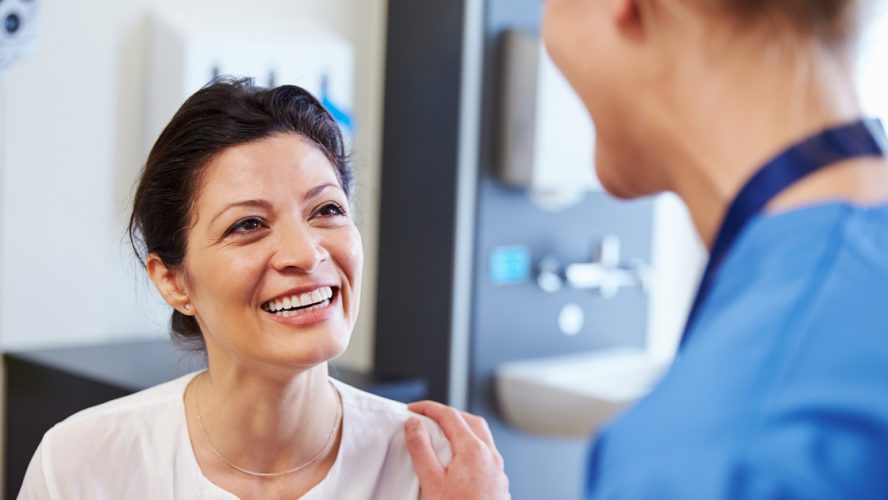
Dr Larisa Corda
NHS Obstetrician and Gynaecologist, Endometriosis UK Medical Ambassador
Endometriosis affects 176 million people worldwide and costs the UK economy £8.2 billion annually. Yet many of us have never heard of it, the main reason being that we feel too embarrassed to discuss it.
This most archaic of taboos and woeful of social stigmas is leading young girls to inherit a generational legacy of shame and biases. Shame around discussing periods, sex and pain and gender biases mean, even now with the best that modern hospitals have to offer, a woman ends up waiting an average of 15 minutes longer than a man to receive pain relief in A&E.
However progressive we want to consider ourselves being, we have a basic problem around prioritising women’s health, validating their suffering and believing their needs. Driving many to suffer a lifetime of physical pain that 40% don’t dare to discuss with their nearest and dearest, as well as the harrowing and isolating sorrow of infertility that ends up affecting 50% and the mental scars of depression reported by 88%.
77% of women wouldn’t tell their employer about their condition for fear of judgement and the consequences of that.
Endometriosis does not discriminate
Struggling with symptoms that, more often than not, feature pain that even affects normal bodily functions, such as urination and defecation. Women with endometriosis find it particularly hard to cope with the gender bias at work, with 77% who wouldn’t tell their employer about their condition for fear of judgement and the consequences of that.
Advocating greater education
At present, we don’t insist on educating about endometriosis at school, as we’d rather use 500 other words to describe menstruation. Our medical systems are falling woefully short of being able to treat this condition and we don’t invest in the necessary research, as we find it too embarrassing to talk about women’s intimate anatomy. This results in millions of girls and women paying the price of societal shame, with 62% reluctant to see a doctor about their symptoms.
Being one in 10 does not make it acceptable to wait 10 years for a diagnosis and endure a decade of being gaslighted by everyone from medical professionals to friends. We need change and we need it now more than ever.
For more information, visit: www.drlarisacorda.com


